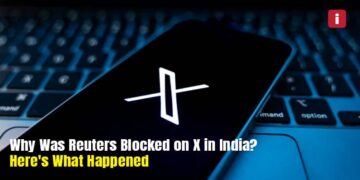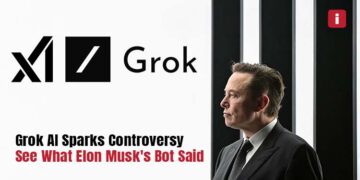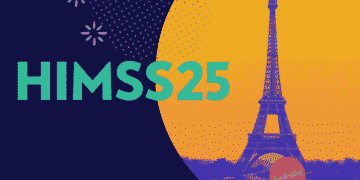In an era where Big Tech companies are under intense scrutiny, the idea of breaking them up is no longer a fringe concept. At the heart of this conversation lies Meta, the tech behemoth formerly known as Facebook, and a revelation that stunned many in the industry: Mark Zuckerberg reportedly considered spinning off Instagram. This potential move, quietly explored amid growing antitrust pressure, signals a pivotal moment in the ongoing debate around the regulation of tech monopolies.
The Growing Pressure on Big Tech
The 2020s have brought a wave of regulatory heat on Silicon Valley’s giants. From the U.S. Federal Trade Commission (FTC) to the European Commission, global regulators are investigating the extent of Big Tech’s market dominance. Meta, with its suite of apps—Facebook, Instagram, WhatsApp, and Messenger—has been a primary target.
Concerns stem from accusations that Meta has used its acquisitions to eliminate competition. Instagram, purchased in 2012 for just $1 billion, has since grown into one of the most influential social platforms worldwide. Critics argue that this acquisition allowed Meta to suppress a potentially significant competitor and further monopolize social media.
Why Instagram Matters
Instagram is not just another app in Meta’s portfolio—it’s a powerhouse. It generates a substantial portion of Meta’s ad revenue, particularly from younger demographics that have drifted away from Facebook. The visual-first platform has evolved into a key player in social commerce, influencer marketing, and digital culture at large.
By owning Instagram, Meta controls an enormous portion of online social interaction. This dominance has prompted regulators and lawmakers to question whether such consolidation harms competition and limits innovation.
The Secret Strategy: A Spin-Off Scenario
According to insider reports and information revealed during antitrust investigations, Zuckerberg privately floated the idea of spinning off Instagram. While this consideration never became a public or official plan, its mere existence suggests Meta was aware of the mounting regulatory threat and was exploring possible escape routes.
Was this a genuine solution or a strategic bluff? Some analysts believe Zuckerberg might have used the spin-off consideration as a bargaining chip—a sign that Meta was willing to make concessions to avoid harsher regulatory actions. Others see it as a contingency plan in case Meta was forced into structural changes by the courts.
What Would an Instagram Spin-Off Look Like?
Had the spin-off happened, Instagram would likely have emerged as a standalone public company. The transition would have required disentangling shared infrastructure, data systems, and ad tech integration. It would have posed significant challenges but also opened new opportunities:
- Financial Autonomy: Instagram could pursue its monetization strategies without being tied to Facebook’s declining user base.
- Brand Freedom: The platform could re-establish itself as a more neutral space, potentially improving public perception.
- Innovation Surge: Without Meta’s overarching influence, Instagram might have accelerated its feature development to compete directly with rivals like TikTok.
Historical Echoes: Breaking Up Giants Isn’t New
The concept of dismantling monopolies is rooted in history. The U.S. government broke up AT&T in the 1980s, leading to innovation and more competition in telecommunications. Regulators often cite this as a blueprint for dealing with today’s tech giants.
Meta isn’t alone in facing this pressure. Google, Amazon, and Apple are also entangled in legal battles around antitrust issues. Yet Meta’s situation is unique due to the nature of its interwoven platforms and data-sharing practices.
Political and Public Reactions
When the spin-off consideration surfaced, it triggered strong reactions across the political spectrum. Prominent voices like Senator Elizabeth Warren renewed their calls to break up Big Tech. They argue that no single company should have such sweeping influence over public discourse and personal data.
Meanwhile, users and creators expressed mixed feelings. Some feared disruption, while others welcomed the idea of a more independent, innovative Instagram less influenced by Facebook’s legacy.
What Happens Next?
Despite the spin-off not materializing, the fact that Zuckerberg even considered it reflects the mounting tension between tech giants and regulators. The antitrust lawsuits are far from over. If the U.S. courts rule against Meta, structural changes might still be on the horizon.
A breakup, whether voluntary or court-mandated, could reshape the digital landscape. It might foster more competition, improve data privacy, and curb the overwhelming influence of a few mega-corporations.
Final Thoughts
Zuckerberg’s secret consideration of spinning off Instagram is more than a footnote in tech history. It is a signal that even the most powerful figures in tech are not immune to the rising tide of regulation. Whether it was a strategic play or a missed opportunity, it shows that the age of unchecked tech dominance may be coming to an end.
Do you think spinning off Instagram would have helped or hurt the digital ecosystem? Join the conversation and let us know your thoughts.













































